Politics

India's Prime Minister Narendra Modi, left, holds the gavel with Indonesia's President Joko Widodo during handover ceremony at the G20 Leaders' Summit, in Nusa Dua, Bali, Indonesia Nov. 16, 2022. India officially takes up its role as chair of the Group of 20 leading economies for the coming year Thursday, Dec. 1 and it's putting climate at the top of the group's priorities. Photo: AP/UNB
Modern international financial problems have been studied intensively since the Asian financial crisis of the 1990s, and there is now a surprising degree of consensus among economists and policymakers. While the G20 may not be able to achieve much in a divided world, there is a well-defined and viable agenda it should pursue.
On December 1, India assumed the presidency of the G20. It is not exactly a propitious time to take on the role. A global economic slowdown is coming. The war in Ukraine continues to upend energy, food, and commodity markets. The climate crisis looms. Mounting US-China tensions threaten to throw a wrench into global trade and investment.
Not even the best-prepared G20 presidency could address the totality of these problems. Uncertainty and international division are bound to hinder efforts in many areas.
But modern international financial problems are an exception. They have been studied intensively since the Asian financial crisis of the 1990s, and there is now a surprising degree of consensus among economists and policymakers. No, we're not kidding. There actually is a well-defined agenda for the Indian presidency to pursue.
First, central-bank currency swap lines, and dollar swaps by the Federal Reserve in particular, have proven highly effective in calming financial markets. Unfortunately, the Fed and other central banks provide these facilities to only a limited set of partners.
The G20 should therefore encourage central banks to broaden their swap networks and make temporary arrangements permanent. The Fed can extend swaps to additional central banks without assuming balance-sheet risk, since many potential recipients have other, sometimes illiquid assets to offer as collateral.
Second, the International Monetary Fund's Flexible Credit Line and Precautionary and Liquidity Line, designed to help emerging markets without access to central-bank swaps, have not lived up to expectations. Only eight countries have sought approval for these lines, and only three have actually tapped them. Countries with strong policies don't see the need. Others fear that applying will send a negative signal to investors.
Countries with strong policies should therefore apply for contingent lines as a way of weakening the adverse signaling effect. Even better, the IMF could unilaterally prequalify countries, rather than requiring them to apply. Lines could disburse automatically when a "global selloff event" is identified by IMF staff and certified by the Executive Board.
Third, the $650 billion of IMF special drawing rights (SDRs, the Fund's reserve asset) authorized in 2021 could be reallocated to developing countries, as originally promised. The IMF has created a Resilience and Sustainability Trust to lend high-income countries' SDRs. But borrowing requires a government to request an IMF program, which acts as a deterrent. Because access is capped at 150% of a country's IMF quota, the Fund foresees reallocating at most $42 billion. Worse, only six members have signed agreements to lend their SDRs, worth a measly $20 billion. Clearly, the 150% cap should be lifted, and more G20 governments should join the six pioneers and contribute to the trust.
Fourth, many low-income countries, when borrowing abroad, still have no choice but to borrow in foreign currency. Currency-hedging instruments would go a long way toward mitigating the associated exchange-rate risk. Entities such as Currency Exchange Fund NV, or TCX, have shown how such instruments can be underwritten, thereby offering low-cost financial protection to developing countries.
TCX backs its currency swaps in part with capital subscribed by four G20 governments. But its $1.1 billion of capital supports a balance sheet of swaps worth $5 billion. A G20 agreement to provide funding for TCX to scale up significantly would go a long way toward addressing the currency-mismatch problem that plagues developing countries.
Fifth, climate change poses special risks for the developing world, where a climate-related disaster can turn into a financial disaster when countries are unable to meet their obligations and have their capital-market access curtailed. The G20 should therefore encourage wider issuance of bonds with clauses providing for the suspension of payments in the event of a costly climate event, along the lines of Barbados's pioneering disaster bond. Fitch Ratings assigned a B rating to Barbados's bond, confirming the existence of a market. But that market will be deeper and more liquid if more governments issue such bonds.
Finally, the Common Framework for Debt Treatments agreed by the G20 must be fixed. That framework was designed to give the Chinese government, a key creditor, a seat at the table, and to ensure that all creditors were treated comparably. Yet, more than two years on, only three countries have applied for debt relief through the Common Framework, and only one, Chad, has actually obtained it.
The case for relief is now urgent. The heads of the World Bank and the IMF have suggested that distressed debtor countries seeking relief under the Common Framework should receive statutory protection from asset seizures by national courts when suspending debt-service payments. Relieved of legal risk, more countries will apply. But such protection needs to be implemented by creditor-country governments through legislation or executive order. The G20 should commit to this.
There actually is very little disagreement over the elements of this agenda. Implementing it would be true to the G20's mission and help it renew its sense of purpose.
From Project Syndicate






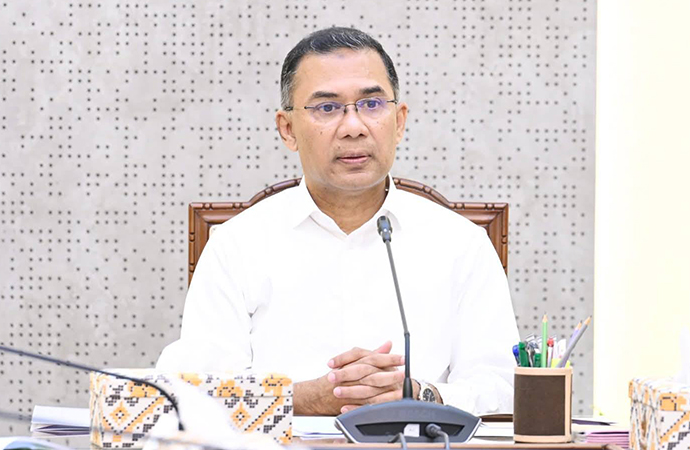
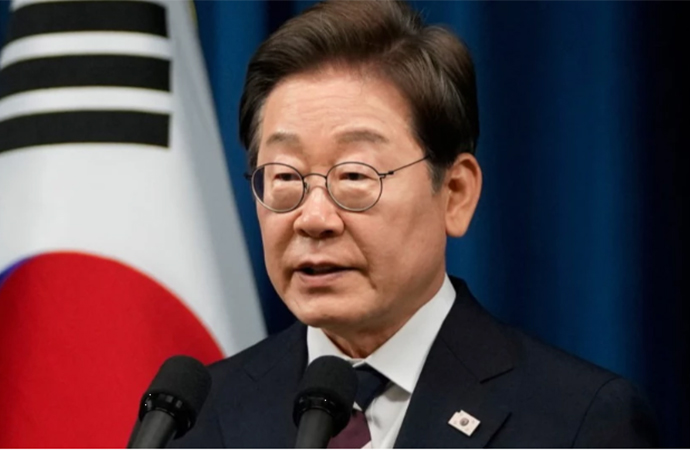
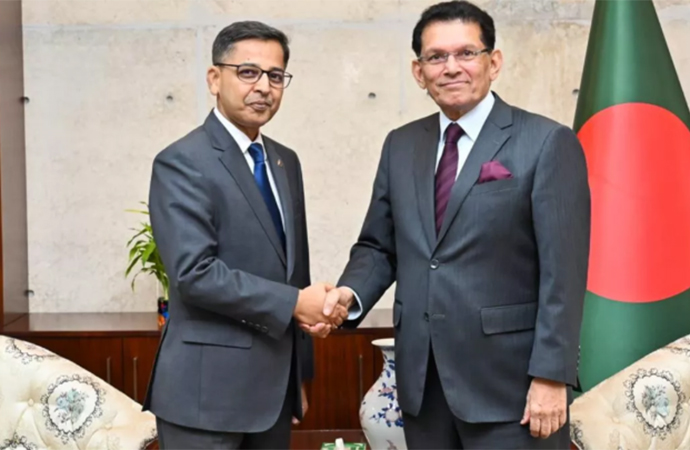
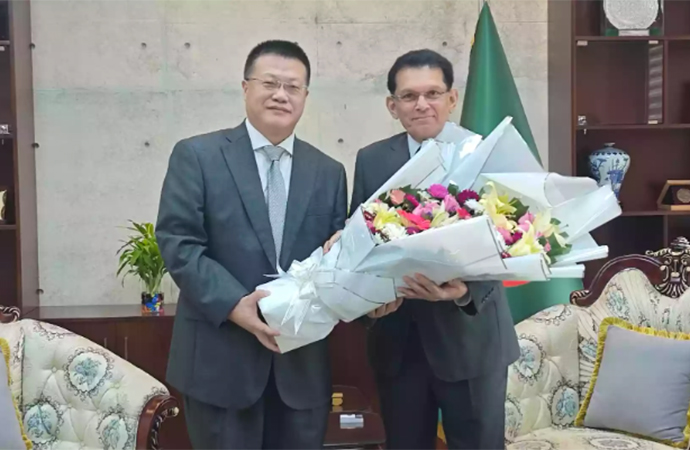
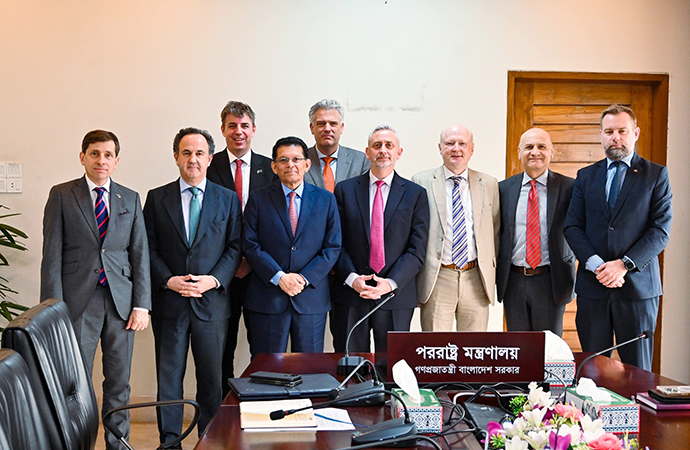
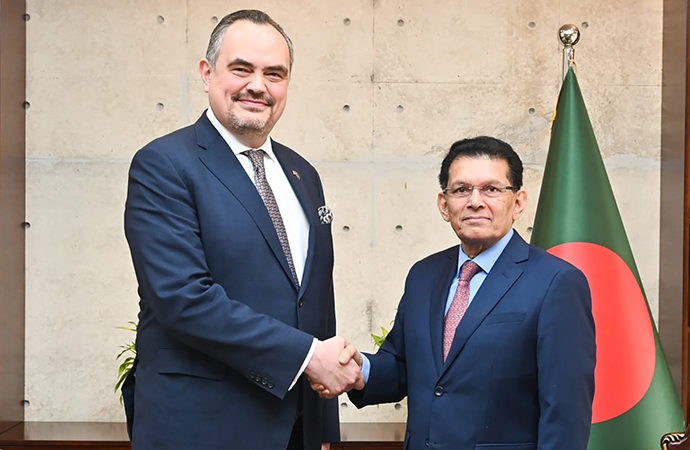







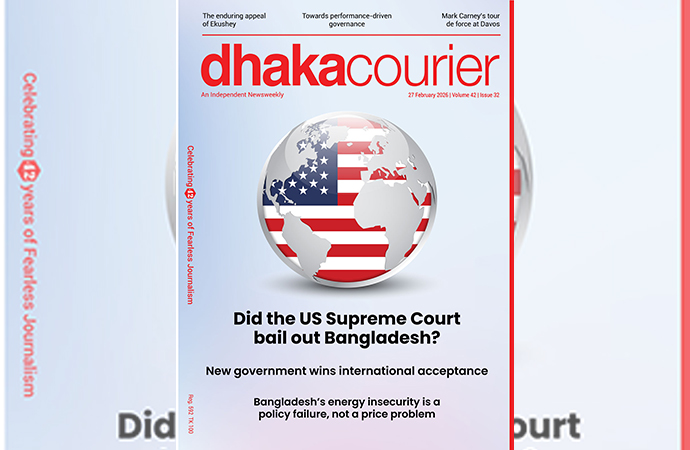





Leave a Comment
Recent Posts
Bangladesh’s first drought-res ...
In a groundbreaking development for Bangladesh’s agriculture, Ga ...
US and Iran hold another round ...
Iran and the United States were holding another round of indirect talk ...
An early hiccup for the new government?
Japan invites PM Tarique, eyes cooperation with Bang ..
Bangladesh to achieve sustained growth, prosperity u ..
Dhaka indicates ‘forward looking, balanced partnersh ..